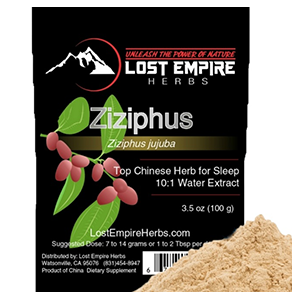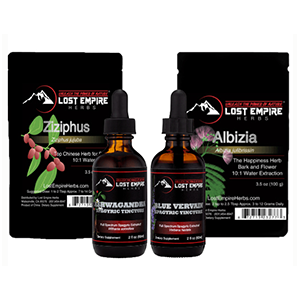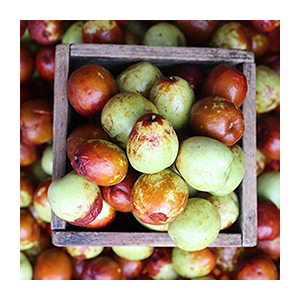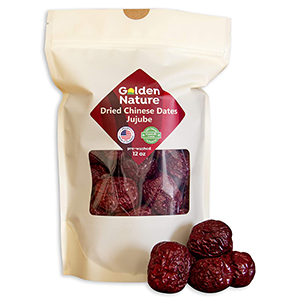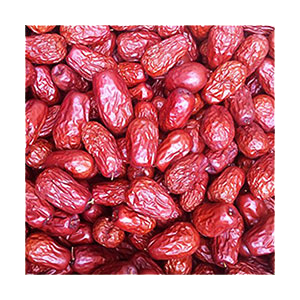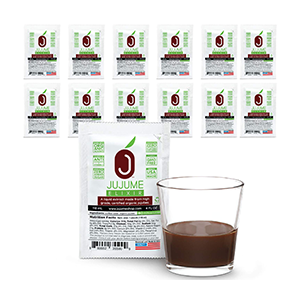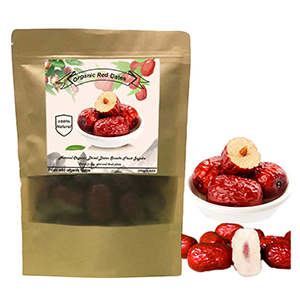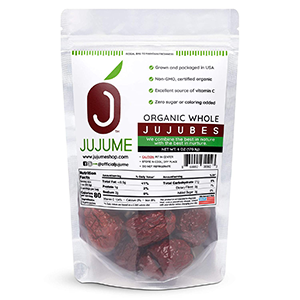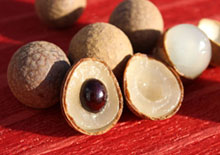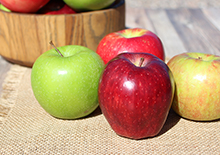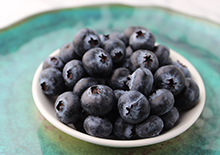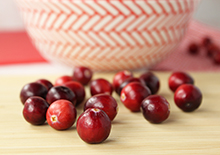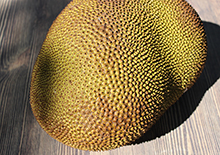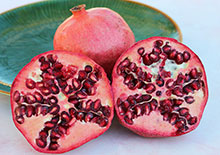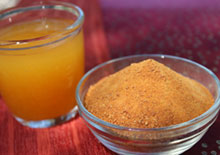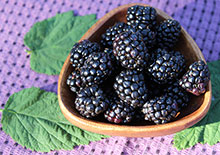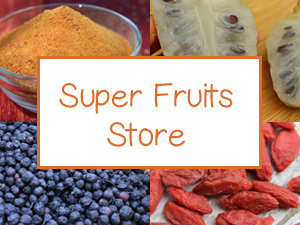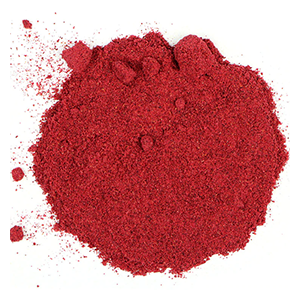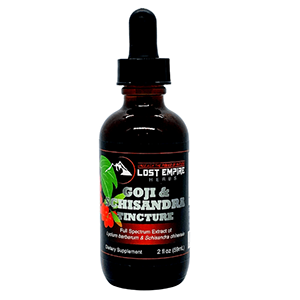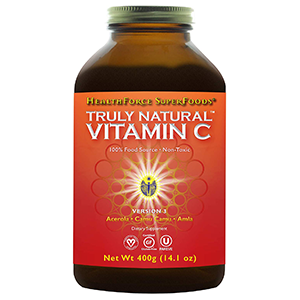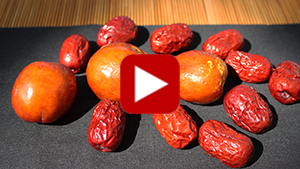- Home
- Super Fruits
- Jujube Fruit
Red Jujube Fruit, Secret Tonic for Sleep Support and Insomnia
What is Jujube? | Top 2 Benefits | About Tonic Herbal Formulations | How to Use | Precautions | Shop
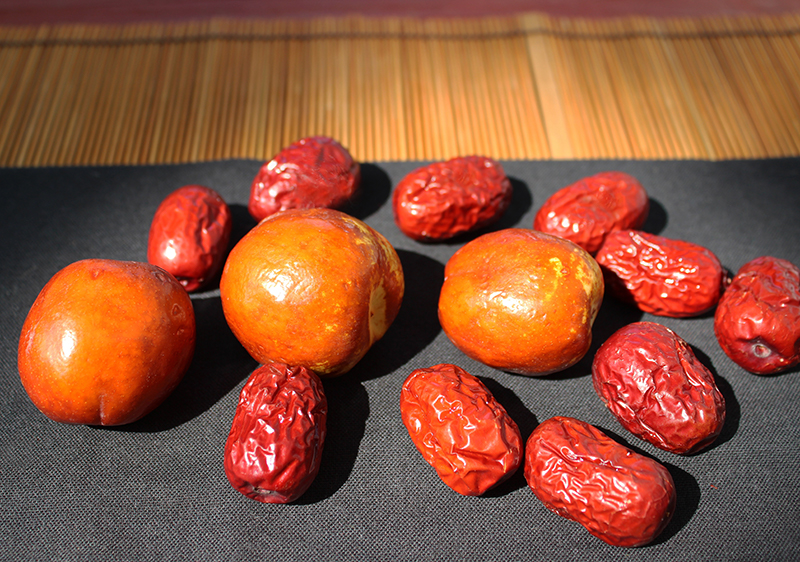
Jujube fruit comes from the jujube tree species Zizyphus jujuba. The ripe oval fruits are a yellowish spotted red-brown color that eventually turns a deep red-mahogany with a wrinkled appearance when dried.
Commonly referred to as "red dates", dried jujubes are about the size of a date and also contain a single stone pit.
Table of Contents
What is Jujube? | Top 2 Benefits | About Tonic Herbal Formulations | How to Use | Precautions | Shop
Jujube is sometimes pronounced joo-joob, however, many Westerners often use the name "ju-ju-bee." That's the one we are most familiar with from our own personal experiences.
The jujube tree (Zizyphus jujuba) is from the buckthorn family (Rhamnaceae). It's not related to sea buckthorn but does have similar thorned branches.
While they are native to possible locations somewhere between Iran and Eastern China, jujube trees now are grown in a number of different regions around the globe, including parts of Southern California.
Both the fresh and dried fruits have a pleasant sweet fruitiness. Fresh fruit is slightly tart with a mild wild apple-like flavor and crisp texture.
Depending on where you live, dried jujubes are typically more available and utilized worldwide.
When dried, jujube is noticeably sweeter with a taste that closely resembles figs. Dried red dates are edible and have a spongy chewy texture that can be consumed as a snack food.
More frequently, however, they are prepared in tonic herbal formulas as well as in countless cultural Asian recipes ranging from fermented food to desserts.
Interesting fact, jujube date was once one of the original main ingredients in the candy confection known as Jujubes, hence the name.
As one of the super fruit varieties, whole dried fruits are not only used in tea decoctions but frequently added, like goji berries, as a nourishing substance for soups and stews.
Both jujube dates and the seeds within the stone pit can vary in width
and length depending on the specific genotype. The seeds, like the
fruits, are reported to have valuable properties and are therefore also
common to many herbal formulations or sold as an extract supplement.
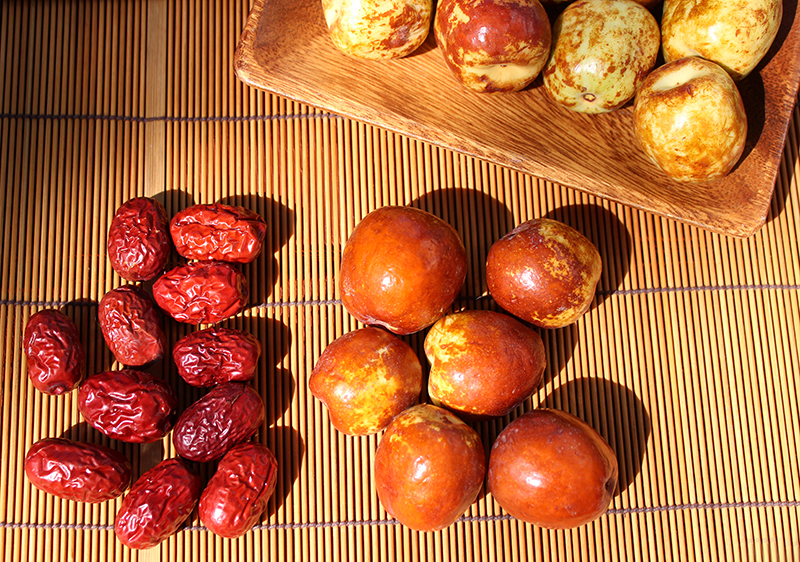
Top 2 Benefits of Jujube Fruit and Seeds
1) Jujube Fruits and Seeds for Sleep Support and Insomnia
2) JuJube Fruit as a Harmonizing Adjunctive Herb
1) Jujube Fruits and Seeds for Sleep Support and Insomnia
Jujube fruits and their seeds have long been used as a type of herbal tonic and are often top on the list for certain uses.
First recorded over 2500 years ago among the list of "noble" major herbs in the herbal Shen Nong Ben Cao Jing, they have been used extensively in traditional Chinese herbalism since this time.
Zizyphus jujuba with its range of constituents, like saponins,
flavonoids, alkaloids and polysaccharides, is considered a type of Chi (Qi) tonic that's also supportive for a number of uses ranging from nourishing the blood to tonifying the stomach and spleen organ systems.
Most notably, jujube has also been highly regarded as a mild Shen tonic claimed to ease stress and promote relaxed states which support a calming influence on the nerves without causing drowsiness.
For this reason, it is often used as an herbal option for encouraging a good night’s sleep which can be of benefit to those with chronic insomnia.
Frequently, the seeds (Ziziphus jujuba var. spinoza) are used as an extract for such purposes, sometimes alone but often with other herbs and tonics that also promote restful sleep and/or support the adrenals response to stress.
One of our affiliated brands, Lost Empire Herbs, offers a high-quality Ziziphus seed product and likewise has a "Sleep Bundle" which includes jujube Ziziphus as well as other herbs like ashwagandha, blue vervain and albizia.
Research observing the jujube seeds' anxiolytic (anxiety-reducing) effect on mice, SAPONINS, like the JUJUBOSIDES, were found to be the primary active constituents compared to flavonoids and polysaccharides.
Flavonoids, like jujube-seed-specific SPINOSIN, are also scientifically reported to play a role in the seeds tranquilizing influence.
In one scientific study, the seeds were found to possess a stress-reducing effect at lower doses and more sedative at a higher dose amount.
The seeds of the jujube fruit are famous for their use in the classic Zizyphus combination called Suan Zao Ren Tang, a supplement formula that includes many other secondary tonic herbs.
Jujube is especially promoted to those with insomnia or likewise women going through menopause who are commonly affected by sleep disturbances.
Consuming the fruit also acts as a mild laxative which may inadvertently influence sleep patterns.
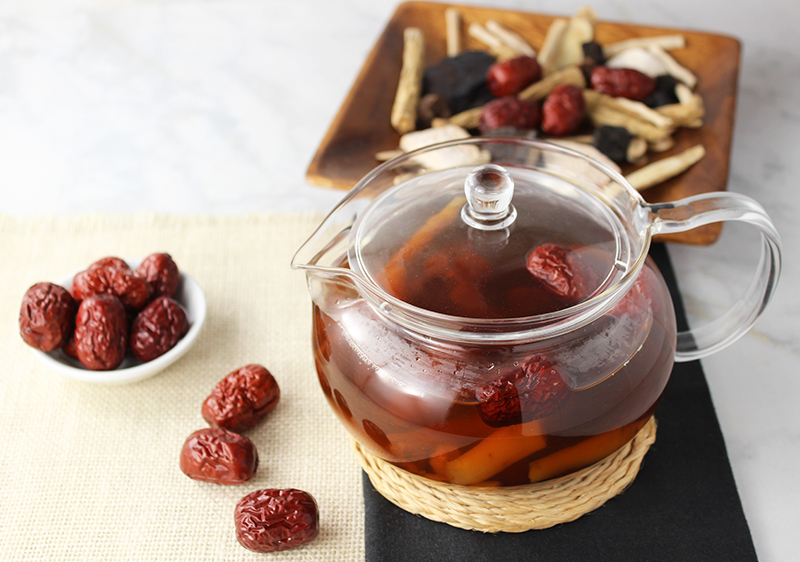
2) JuJube Fruit as a Harmonizing Adjunctive Herb
One of the most popular ways this superfruit has been utilized throughout herbal traditions is as an adjunctive herb in tonic formulations.
In other words, when jujube fruit known as Da Zao is used alongside other tonics it is known to help "harmonize" and enhance their efficacy and maximize their positive influences.
As a Yin tonic, for example, it can help to balance warm-hot energies of Yang tonic herbs like ginseng, encouraging their smooth delivery in the body.
Lycii berries (goji) and Chinese licorice root are two others that are also in this class of herbal harmonizers.
Claimed to have fluid regulating attributes, red jujube dates are viewed useful for either moistening or drying qualities depending on other herbal combinations.
About Tonic Herbal Formulations
Creating highly individualized tonic herb formulas is an ancient Chinese practice that requires a large degree of knowledge and education. There is definitely an art to blending different herbs to achieve specific health goals.
Because there can be a myriad of different scenarios occurring within any one particular individual, it may be appropriate to seek the advice of a qualified Chinese herbalist for additional assistance. This will allow the practitioner to tailor the most ideal formula and blend of herbs that can work to balance precise deficiencies and/or activate energies where needed.
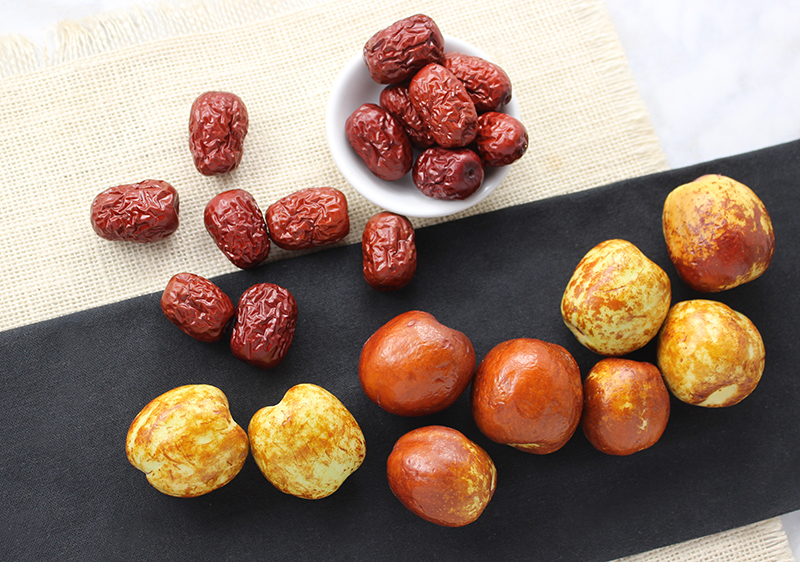
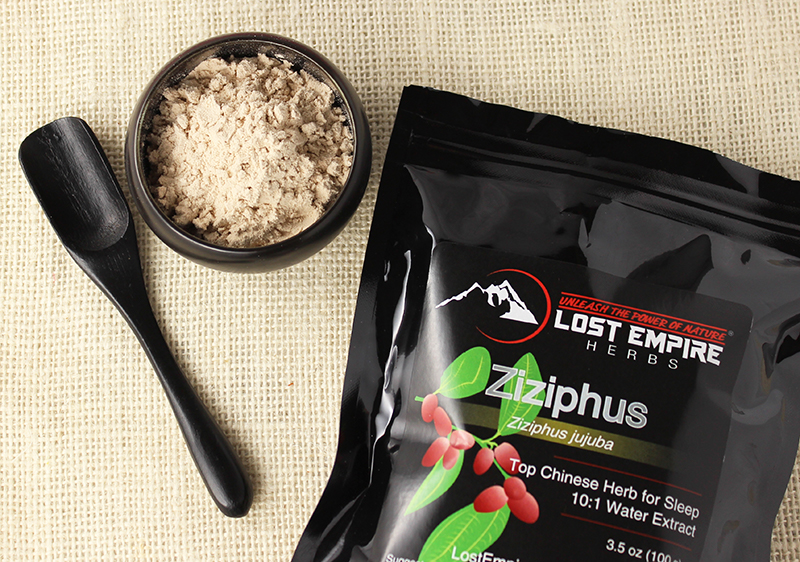
How to Use
Jujube fruit can be consumed raw or dried. They are sweet with a pleasant taste that many people enjoy.
They can be blended into smoothies, cultured vegetable ferments or eaten as a snack, however, they are traditionally used dried in tonic herbal formulations, decocted as a tea brew, prepared as a supplement extract or cooked into soup broths, stews or grains.
We have also used dried jujube when making DIY recipes to round out tincture formulas.
The Zizyphus seeds are typically prepared as a liquid or powdered extract to concentrate their active compounds.
Precautions:
Seek the advice of your health practitioner before consuming jujube fruit or jujube tonics if you are pregnant or nursing. If you have a medical condition or are taking prescription medications, it is best to consult your healthcare provider prior to regular use.
Shop Related Products (About Affiliates & Amazon Associate Paid Links)
Affiliate Disclaimer: This section contains affiliate product links. If you make a purchase through our recommended links, we receive a small commission at no additional cost to you. Thanks for the support.

